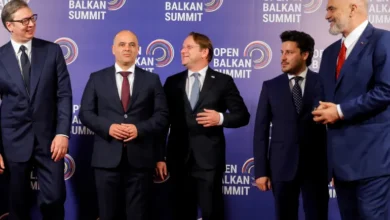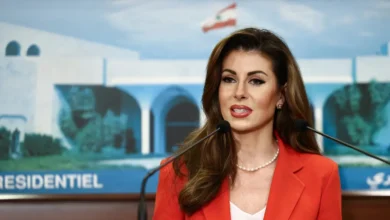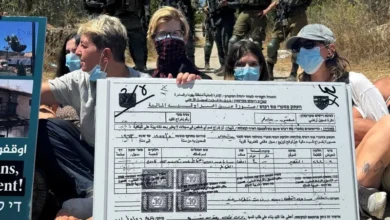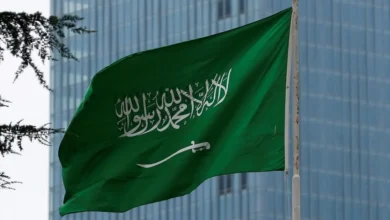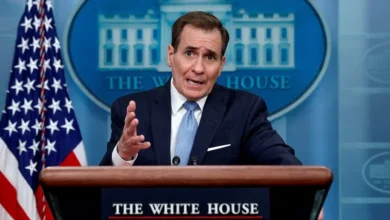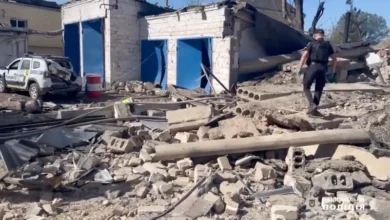IMF unlocks $4.7bn for Argentina amid economic crisis, Milei austerity cuts

Argentina and the International Monetary Fund (IMF) have finalised an agreement to release $4.7bn as part of a debt restructuring plan for the troubled South American nation.
Latin America’s third-biggest economy is facing dire economic challenges after decades of debt and financial mismanagement, with inflation surpassing 160 percent year-on-year and 40 percent of Argentinians living in poverty.
“Understandings were reached on a strengthened set of policies to restore macroeconomic stability and bring the current program back on track,” the IMF said in a statement on Wednesday.
With this deal, Argentina’s new President Javier Milei, who took power in December and inherited a deep social, economic and financial crisis, puts back on track a $44bn bailout package with the IMF that dates back to 2018.
“The new administration is already implementing an ambitious stabilization plan, anchored on a large upfront fiscal consolidation, along with actions to rebuild reserves, correct relative price misalignments, strengthen the central bank’s balance sheet, and create a simpler, rules-based, and market-oriented economy,” the IMF said.
The agreement is to be approved by the global lender’s executive board “in the coming weeks”, it said.
The previous administration of President Alberto Fernandez renegotiated the loan, but the COVID-19-induced recession and a severe drought this year created challenges for Argentina to meet the targets agreed to with the IMF.
Economy Minister Luis Caputo, commenting on the deal, clarified that it was not a new agreement, emphasising that the IMF had expressed willingness to explore a new debt programme and additional funding.
Libertarian Milei has taken several steps to cut public spending and overhaul the economy. He recently presented a legislative package to Congress, seeking to privatise more than 40 public companies and impose restrictions on the right to assembly and demonstration.
In December, the government said it would slash the value of its currency, the peso, by more than 50 percent against the US dollar and announced a raft of other austerity measures, including sweeping subsidy cuts, cancellation of tenders for public works projects, and plans to axe nine government ministries.
While the planned measures drew praise from the IMF, they sparked harsh criticism from some progressive activists.
A self-described “anarcho-capitalist”, Milei has argued that harsh austerity is needed to put Argentina back on the path to prosperity and that there is no time for a gradualist approach.



